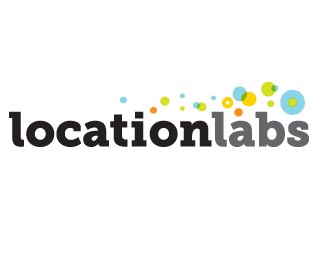 Location-based technologies for mobile phones and devices in general have picked up pace. Location Labs keeps to the trend, announcing the availability of its mobile geofencing platform. The company also unveiled location-based spatial data storage in beta. Both these features should allow developers to benefit from in the cloud services for the iPhone and Android.
Location-based technologies for mobile phones and devices in general have picked up pace. Location Labs keeps to the trend, announcing the availability of its mobile geofencing platform. The company also unveiled location-based spatial data storage in beta. Both these features should allow developers to benefit from in the cloud services for the iPhone and Android.
With the help of the geofencing technology developers for the iPhone and Android can look at appropriately describing virtual boundaries on the phone and that too instantly. Even doing so in the cloud is no mean task now. Developers will gain likely estimates for accurate location-based attributes along with enhanced battery management.
This doesn’t seem to be all that Location Labs has on offer. The company also takes notes from its popular geofencing platform to put forth a robust spatial storage solution. With this service, developers can reach out to third party location data in combination with geofencing. This, along with the solution’s capability of pushing location and application data to the cloud should enable quick spatial context-aware searches.
“We see so many ways for developers to use our geofence datasets to enhance their mobile apps and drive innovation,” shared Darrin Clement, CEO of Maponics. “And we love the idea that Location Labs will offer the mobile developer community access to them through their Spatial Storage solution.”
“Our goal is to continue to innovate, setting the pace for the development of location technologies and inspiring a whole new category of applications as a result,” further elaborated Tasso Roumeliotis, CEO of Location Labs. “We are thrilled that our developer partners are able to leverage our expertise in Geofencing and now Spatial Storage, allowing them to focus on creating and offering the most innovative location-aware services.”
Location Labs shares the release of Maponics data sets as well. These should benefit developers who can use them within their LBS applications. Among the plethora of available functionality, the new geofencing and spatial storage helps create geofences from the cloud to make them seamlessly available on the phone. Geofences encircling standard POIs, shopping terrains, neighborhood boundaries, school and college campuses are additionally created with the data obtained from data providers like Maponics. The time to market is further lowered with the cloud service that helps store location and context.
Along with conducting context-based searches for a location of interest, the product also has the ability to generate automatic alerts that are dependent on a user’s location and stay time in the POI. It can also comprehend the application employment via Geofence Analytics.
Location Labs makes both of these cloud-based services now open to developers.
